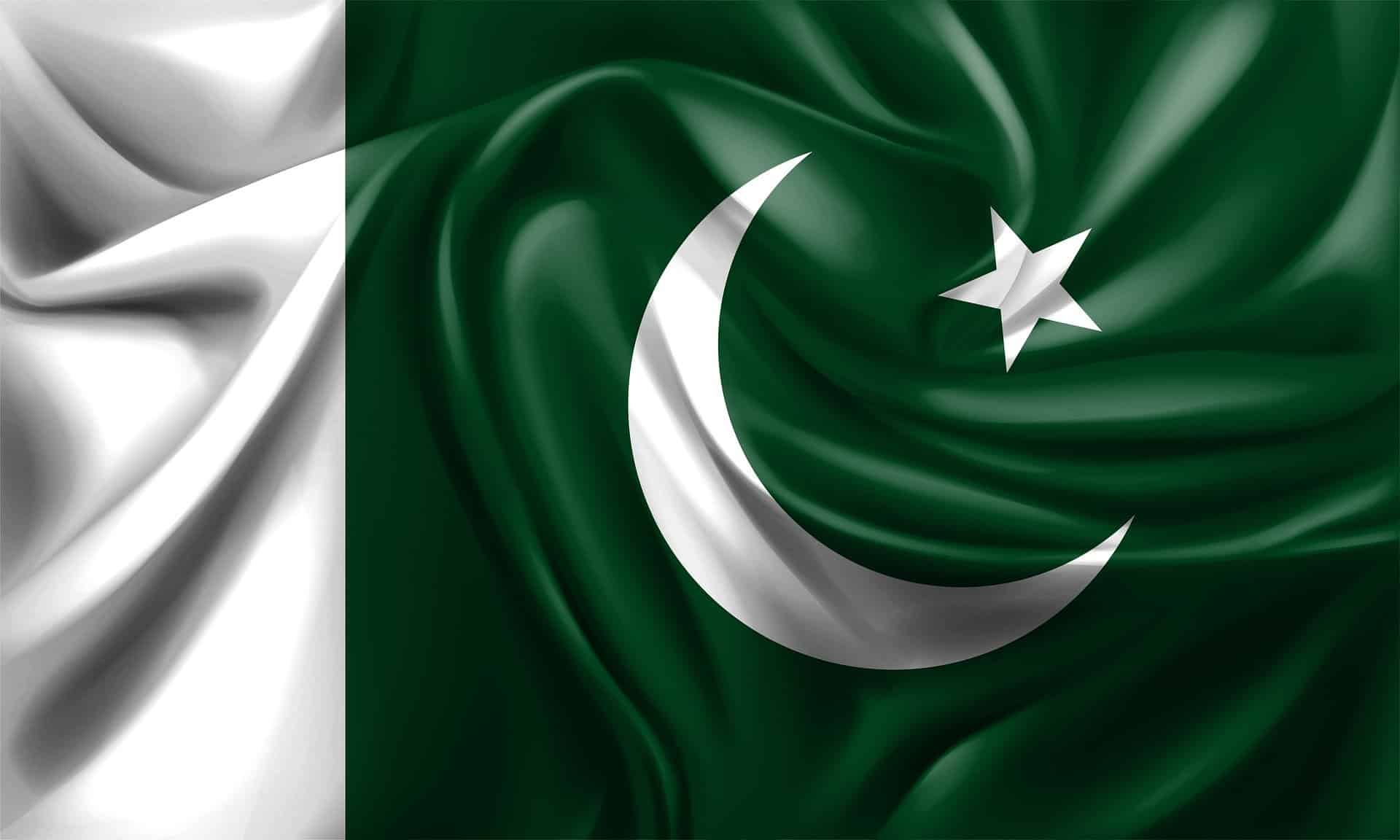What is Ideology?
Ideology refers to a body of beliefs, values and principles that shapes how individuals or groups understand and interpret the world. People may view ideologies as comprehensive worldviews or frameworks which provide identity, purpose and direction in their lives.
Ideologies include beliefs regarding what constitutes good and evil, right or wrong actions to achieve desired results; such ideologies can range from political, religious, philosophical or cultural beliefs depending on their context or historical period of origin.
The Ideology can both be beneficial and detrimental.
Ideologies have an impactful presence in individuals, communities and societies alike. While some ideologies provide sources of motivation and collective action; others may use them to justify oppression, discrimination and violence.
Ideology and Truth: Recognizing that ideologies do not always represent objective truth is key. Experience, emotions and biases all play a role. Furthermore, ideologies have the capacity to evolve over time as new ideas, events or social movements emerge that alter them significantly.
What is the ideology of Pakistan?
Pakistan’s ideology refers to the principles and values that guided its establishment in 1947 when India was divided into two separate states, India and Pakistan. When partition took place, one idea behind creating Pakistan as an Islamic nation was that Muslims in India represented a distinct community with their own culture, history, and values distinct from Hindus or other religious groups.
Element of Pakistan’s ideology:
Pakistan is defined by Islam, democracy, nationalism and social justice as its core ideologies.
Pakistan was established by its founders as a democratic state, adhering to principles such as rule of law, human rights, freedom of speech and religion as guiding principles for their country and incorporating Islamic provisions into both its constitution and legal system.
Nationalism is an integral component of Pakistani ideology, instilling strong pride and identity among its people.
Social Justice: Pakistan has made equal opportunity access a central component of its ideology, placing special emphasis on providing opportunities to all its citizens regardless of religion, ethnicity or socioeconomic standing. The state is committed to upholding equality, justice and social welfare; thus having instituted affirmative action programs as well as poverty reduction plans as measures towards this end.
Applying Pakistan’s ideology
Notably, Pakistan’s ideology has undergone considerable evolution over time and remains subject to debate and controversy. Different political parties and interest groups have interpreted it in varying ways leading to disagreements and conflicts; nonetheless the basic principles of Islam, democracy, nationalism, and social justice continue to shape both its identity and direction as the country moves forward.
Pakistan’s ideology can be broadly divided into four areas: Islam, democracy, nationalism and social justice. Let me elaborate further on each aspect:
Religion:
Pakistan was created as an independent homeland for Muslims of India to freely practice their religion. And enshrined it as part of the country’s ideology in its constitution. Islamic values and principles play an integral part of Pakistani political, social, and cultural life. Islamic teachings provide guidance for legal systems, education systems, and governing social conduct systems alike.
Pakistan was founded as a democratic state. Its people are dedicated to upholding democratic principles like rule of law, free speech and human rights. Pakistan’s constitution provides an institutionalized form of democratic governance with elected representatives at both national and provincial levels. Ensuring democratic principles can flourish within their society.
Nationalism: Pakistan’s ideology relies heavily on nationalism. Pakistanis pride themselves in their country and its rich cultural history; they view themselves as part of an exclusive community. With their own distinct history, identity, and way of life reflected by symbols like its flag, anthem and national flag. Which symbolize this sense of national pride and unity.
Social Justice:
Pakistan has long placed great importance on ensuring equal access for its citizens regardless of religion, ethnicity or socio-economic standing. Pakistan’s constitution protects basic rights such as education, healthcare and employment. In addition to many government programs and policies designed to increase welfare while alleviating poverty and combat inequality.
Noteworthy is the fact that interpretation and application of these elements of Pakistan’s ideology has evolved over time. Leading to debate and controversy; nevertheless, these fundamental principles continue to define Pakistani society and determine its identity and direction.
Will Pakistan emerge as an ambassador of Islam?
Pakistan is a Muslim majority country based on Islamic principles and ideology. Established by Muslims of the Indian subcontinent who believed they needed their own state in which to freely practice Islam. Islam forms a vital component of its identity, culture and political system in Pakistan as well as international Muslim causes that it actively advocates for.
Pakistan has taken steps to promote Islamic unity and solidarity among Muslim countries. But some within Pakistan criticize its approach to religion, which could compromise development and stability.
Pakistan’s role as an advocate of Islam remains an open debate, and may change over time. Although Islam plays an integral part in Pakistani identity and ideology, its international representation will depend on various circumstances.
Does Pakistan qualify as a failed state?
Pakistan has encountered many difficult obstacles over recent years.
Pakistan is an ancient land with a vibrant culture, yet has also faced significant political, economic, and security challenges in recent years. These include issues like:
Political Instability:
Pakistan has witnessed numerous government transitions and periods of military rule. Leading to frequent policy and governance changes that impede its ability to address pressing social and economic challenges. This instability has created inconsistency that hinders Pakistan from meeting pressing socioeconomic needs effectively.
Economic Challenges:
Pakistan has faced high rates of poverty, inequality, unemployment and balance of payments crises along with inflation and low growth rates. That compounded these difficulties with corruption and political instability.
Security Concerns:
Pakistan has been confronted by various security challenges, including terrorism, insurgency and sectarian violence. Furthermore, tensions exist with its neighbors India and Afghanistan.
While Pakistan has made progress in addressing its challenges, many observers still view them with great alarm. Nonetheless, it should be remembered that Pakistan is a complex and diverse country boasting numerous positive attributes including vibrant culture, young and educated populations and its strategic location at the crossroads of South Asia, Central Asia and Middle East.
Will unity prevail under an ideology-driven state?
Unity under an ideology is an intricate concept with multiple aspects that impact its success or failure. An ideology may bring people together and foster a sense of shared purpose. Creating an opportunity to work towards common goals together and promote values like equality, justice, and human rights.
An ideology can often divide and inflame conflict among different groups due to different interpretations of what it stands for and how best to implement it. Ideologies can lead to internal disputes, factionalism and power struggles between individuals within groups as well as justify violence, discrimination or oppression in extreme cases.
Under any ideology, its success depends on various factors, including its clarity and strength of supporting institutions; buy-in from population; effectiveness in addressing social, economic, and political challenges; as well as being able to work cooperatively across groups without disagreement or differences of interpretation preventing further success of an ideology in creating unity.
Although ideologies can be powerful tools for uniting society. Their success or failure depends on multiple factors and cannot be guaranteed.
Individuals and institutions who promote an ideology should work to foster a harmonious society while addressing any divisions or conflicts that may arise.
What is the role of ideology in a state like Pakistan?
Ideology plays an essential role in the functioning of any state, as shown below. Here are a few reasons why ideology plays an essential role:
Provides a sense of identity:
An ideology can provide citizens of a state with an identity and purpose for living there. Helping them feel connected to a common set of values, beliefs, and goals as well as promote national pride and unity.
Shape policies and decision-making:
An ideology can significantly shape the policies and decisions of a state. It provides government officials with guidance for making choices consistent with values and goals of the state. And may influence laws, regulations and institutions as they develop.
Encourage public participation:
An ideology can promote public participation in the political process by providing citizens with a vision to work toward and motivating them to get involved with civic activities, such as voting, volunteering and advocacy.
Promotes stability and continuity:
An ideology can help bring stability and continuity to the political system, providing a foundation for governance that transcends individual politicians or parties and ensures government policies and institutions remain consistent over time.
Determines international relations:
An ideology can shape a state’s foreign policy and relations with other nations, impacting how it approaches issues such as trade, security and human rights, while encouraging cooperation and understanding across national boundaries.
Ideology is an integral component of any state’s identity, policies, and decision-making. It gives its citizens purpose while contributing to political system stability and continuity – and can even impact international relations of a country.
Conclusion:
In this essay, we explored the concept of ideology in its relation to Pakistan and a state in general. We examined its main elements and challenges while considering its potential as an ambassador of Islam globally. Furthermore, we looked at its role in uniting society while offering a basis for governance, policy making, and decision-making processes.
Overall, ideology is a complex and multidimensional concept with both positive and negative implications on a state. While ideology can provide a sense of identity and purpose that brings unity, it may also cause divisions, conflict, or oppression. The success of any ideology in creating unity or addressing social, economic, or political challenges depends on factors like its clarity, strength of institutions promoting it, as well as support from citizens within its population.
Conclusion In conclusion, ideology’s importance cannot be overstated in a state. Its impact can extend far beyond shaping policies and decisions; international relations; or offering citizens a framework to achieve common values and goals. But ideology must be used responsibly and inclusively if it’s to succeed; success for any ideology depends on different groups cooperating together and finding common ground.


MashaAllah ♥️
Thank you sir